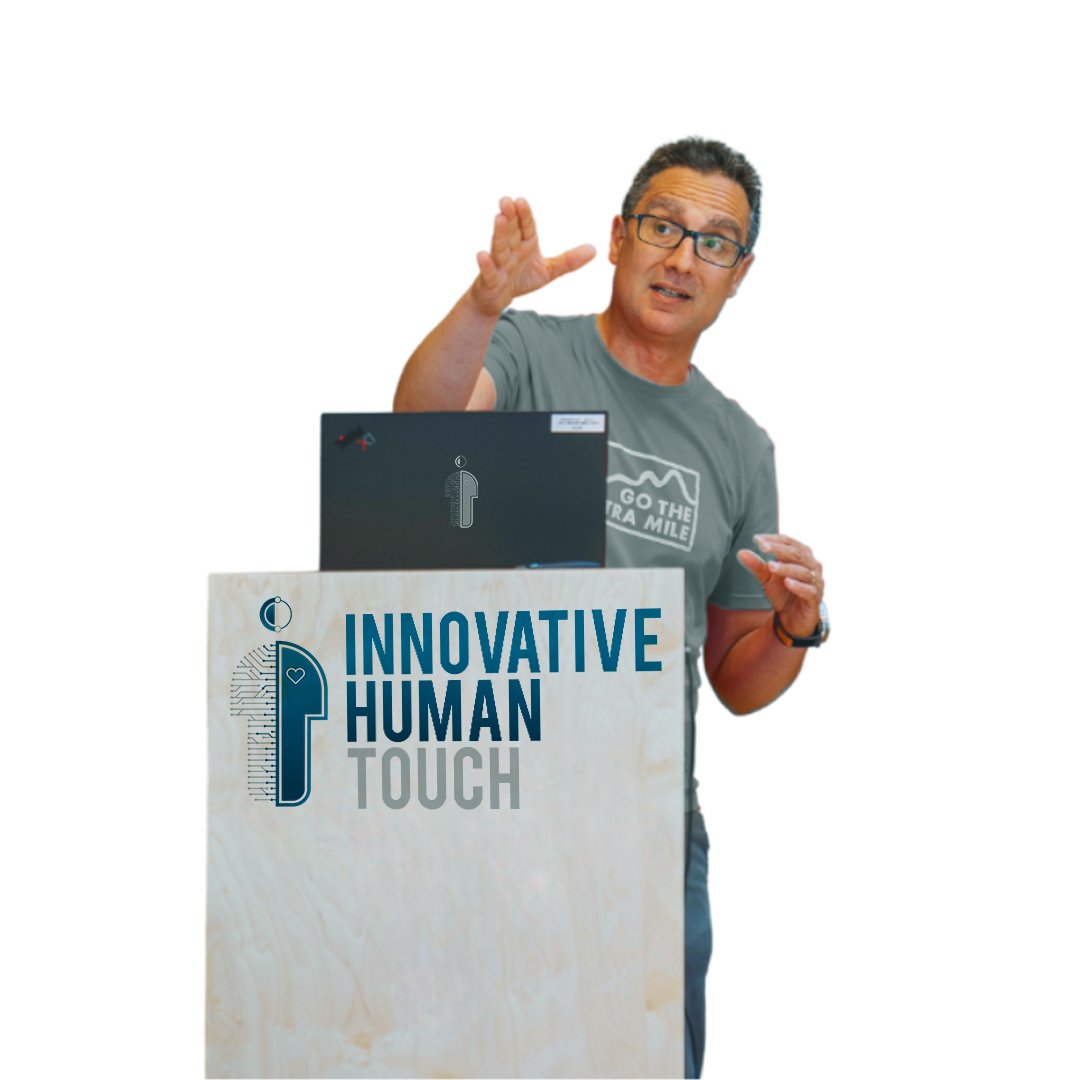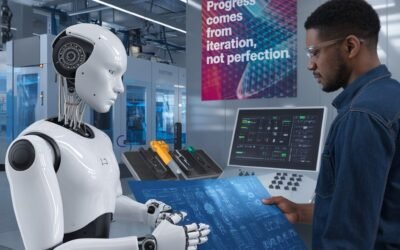The Limitations of Traditional E-Learning Platforms
Traditional e-learning platforms, while convenient and accessible, are often criticized for their inherent limitations. One significant drawback is the one-size-fits-all approach that many of these platforms adopt. This method, although efficient, can fail to address the diverse needs and learning styles of individual students. Research indicates that personalized learning paths are crucial for effective knowledge retention, yet many traditional e-learning platforms lack this capability. According to a study by the National Center for Education Statistics, 40% of students indicated that their e-learning experiences did not cater to their personal learning preferences.
Engagement is another area where traditional e-learning platforms often fall short. The absence of interactive elements and real-time feedback can lead to low student motivation and participation. Studies have shown that interactive content can increase learner engagement by up to 60%, yet many e-learning courses rely heavily on passive consumption of information. This lack of engagement can result in a shallow understanding of the material and lower overall satisfaction with the learning experience.
Moreover, the development of soft skills, such as emotional intelligence, communication, and leadership, poses a significant challenge for traditional e-learning platforms. These skills are best cultivated through interactive, real-world experiences and personalized mentorship, which are difficult to replicate in a standard online course format. A report by the World Economic Forum highlights that 65% of jobs in 2030 will require skills that are not currently being taught through traditional education models, including many e-learning platforms.
Statistical data supports these concerns. For instance, a survey conducted by Gallup revealed that only 25% of students felt that their e-learning courses effectively prepared them for real-world challenges. This gap between current e-learning offerings and the evolving needs of learners underscores the urgency for innovation in digital training methods. As the demand for lifelong learning and skill development continues to grow, it becomes increasingly clear that traditional e-learning platforms must evolve to meet these new educational demands.
The Need for a Holistic Approach to Learning and Development
In the rapidly evolving landscape of modern education and professional training, a holistic approach to learning and development has become increasingly imperative. As automation and artificial intelligence continue to advance, there is a growing need to integrate human skills such as emotional intelligence, critical thinking, and interpersonal communication into training programs. These skills, often referred to as soft skills, are crucial for navigating the complexities of the digital age.
Emotional intelligence, for instance, allows individuals to manage their own emotions and understand those of others, fostering effective collaboration and leadership. Critical thinking equips learners with the ability to analyze information logically and make informed decisions, a skill that is indispensable in a world inundated with data and rapid technological changes. Interpersonal skills, on the other hand, ensure that individuals can communicate effectively, resolve conflicts, and build strong professional relationships, all of which are essential in any work environment.
Integrating these human skills into training programs offers a plethora of benefits. Firstly, it enhances learner engagement by providing a more comprehensive and relatable learning experience. When learners see the relevance of these skills to real-world scenarios, they are more likely to be motivated and actively participate in the learning process. Secondly, a holistic approach improves information retention. By connecting theoretical knowledge with practical human skills, learners can better understand and remember the material. This integration also facilitates the application of knowledge in various contexts, leading to improved overall performance.
Moreover, fostering these human skills prepares individuals to adapt to the changing demands of the workforce. As automation takes over routine tasks, the need for employees who can think critically, empathize, and communicate effectively becomes paramount. Thus, cultivating a holistic approach to learning and development not only benefits individual learners but also contributes to the broader organizational and societal goals of creating a more adaptable and resilient workforce.
Integrating Emotional Intelligence into Digital Training
In the rapidly evolving landscape of digital training, the integration of emotional intelligence (EI) has become increasingly crucial. Emotional intelligence encompasses the ability to recognize, understand, and manage our own emotions as well as those of others. By embedding EI into digital training programs, organizations and educational institutions can enhance interpersonal skills, leading to more effective communication, collaboration, and leadership.
One practical method to incorporate emotional intelligence into digital training is through interactive simulations. These simulations create realistic scenarios that require participants to navigate complex emotional landscapes. By responding to various prompts and situations, learners can practice and develop their emotional intelligence in a controlled environment. For instance, a simulation might involve handling a conflict between team members, requiring a participant to demonstrate empathy, active listening, and conflict resolution skills.
Role-playing scenarios are another effective tool for embedding EI into digital training. These exercises allow learners to step into different roles and perspectives, fostering a deeper understanding of emotions and reactions. By simulating real-world interactions, participants can practice emotional regulation and empathy in a safe, supportive setting. Role-playing can be particularly beneficial in customer service training, where employees must navigate diverse emotional responses from clients.
The use of artificial intelligence (AI) in digital training has also shown promise in enhancing emotional intelligence. AI-driven platforms can provide personalized feedback based on a learner’s performance and emotional responses. For example, an AI tutor might analyze a participant’s tone of voice and facial expressions during a virtual meeting simulation, offering tailored suggestions for improvement. This personalized approach helps learners to refine their EI skills more effectively.
Measuring and improving emotional intelligence through digital means is feasible with the right tools and methodologies. Assessments such as the Emotional Quotient Inventory (EQ-i) can be integrated into digital training programs to gauge participants’ EI levels. Regular evaluations and feedback loops enable continuous improvement, ensuring that learners are consistently developing their emotional intelligence.
Numerous case studies highlight the successful implementation of EI in digital training. For example, a multinational corporation integrated emotional intelligence training into their leadership development program, resulting in a 20% increase in team productivity and a significant reduction in workplace conflicts. Similarly, a university incorporated EI modules into their online courses, leading to improved student engagement and academic performance.
Supporting research underscores the effectiveness of these strategies. Studies indicate that individuals with higher emotional intelligence are better equipped to handle stress, build stronger relationships, and achieve greater professional success. By embedding emotional intelligence into digital training, organizations and educational institutions can cultivate a more emotionally intelligent and resilient workforce.
The Role of Personalized Training Programs
In the landscape of digital training, the significance of personalized training programs cannot be overstated. These programs are designed to cater to individual learning styles, pace, and needs, thereby enhancing the effectiveness and engagement of the learning experience. Personalization in training leverages various technologies and methodologies, transforming the way educational content is delivered and absorbed.
One of the core technologies enabling personalized learning is adaptive learning algorithms. These algorithms assess the learner’s progress and adapt the content dynamically to match their skill level and learning pace. This approach ensures that learners are neither overwhelmed by difficult material nor bored with content that is too easy. By providing a tailored learning path, adaptive learning fosters a more efficient and satisfying educational experience.
Learning Management Systems (LMS) also play a pivotal role in personalized training programs. Modern LMS platforms offer features that support personalization, such as customizable learning paths, interactive content, and real-time feedback. These systems collect and analyze data on learner interactions, which can be used to identify knowledge gaps and recommend specific resources to address them. By integrating data analytics, LMS can provide insights into learner behavior and preferences, further refining the personalization process.
Data analytics, in particular, has revolutionized personalized training. Through the aggregation and analysis of data points, educators can gain a deep understanding of each learner’s strengths and weaknesses. This information can be used to tailor content and instructional strategies to meet the unique needs of each learner. Moreover, predictive analytics can forecast future performance and suggest interventions before learners fall behind, ensuring continuous improvement and success.
Educational research supports the positive outcomes of personalized training programs. Studies have shown that learners who engage in personalized learning environments achieve higher retention rates and improved performance compared to those in traditional settings. Real-world examples abound, with companies and educational institutions reporting significant improvements in learner engagement and satisfaction after implementing personalized training initiatives.
In conclusion, personalized training programs represent a critical advancement in the field of digital learning. By leveraging adaptive learning algorithms, sophisticated LMS, and data analytics, these programs provide a tailored and effective learning experience that can meet the diverse needs of individual learners. As the digital training landscape continues to evolve, the role of personalization will only become more pivotal in cultivating human skills and enhancing educational outcomes.





